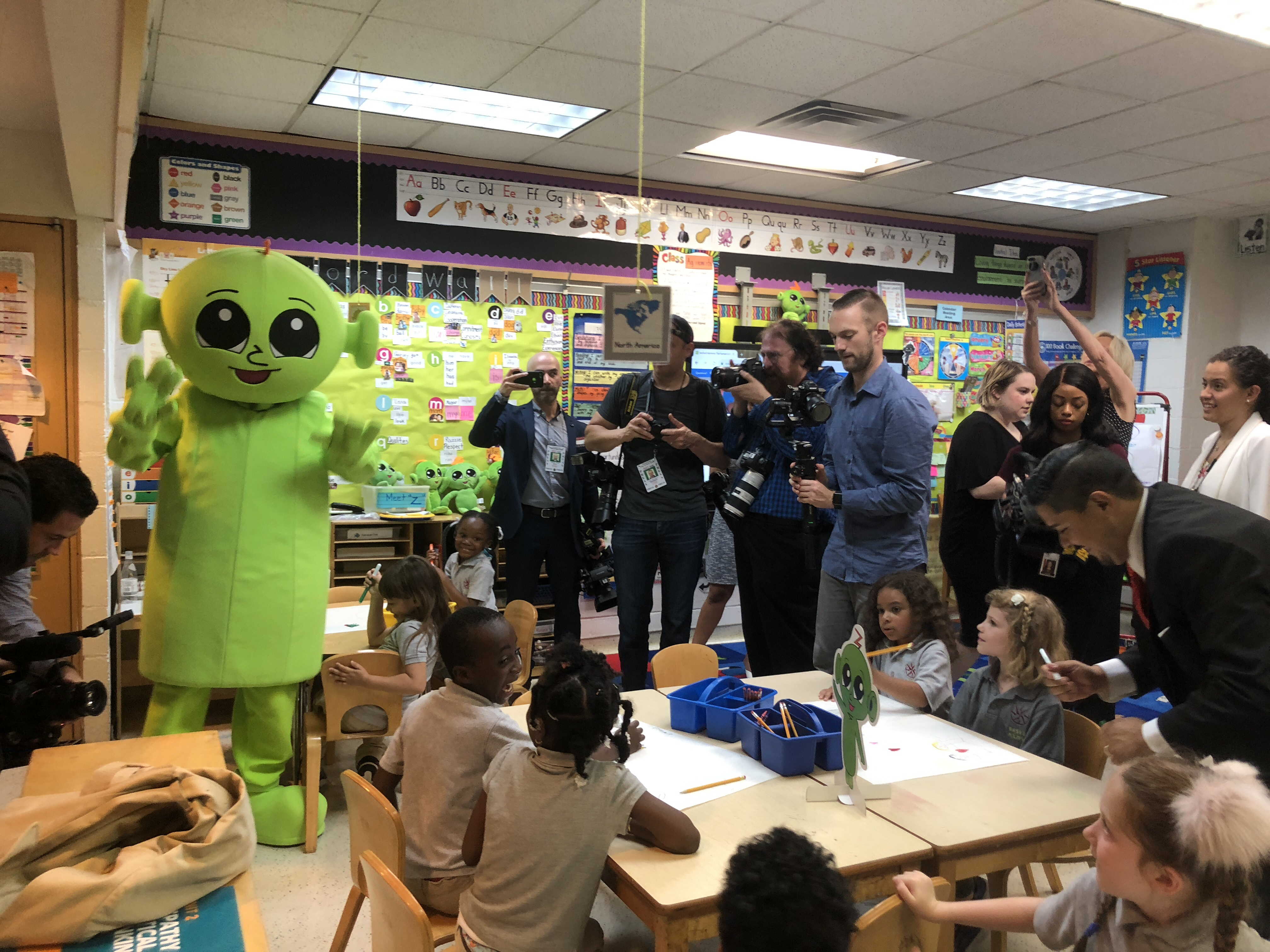Students who commit low-level offenses in New York City schools, such as possessing marijuana or writing graffiti, will now be less likely to face arrest or summonses under a new agreement between the NYPD and the city education department.
"Rather than focus on the traditional, more punitive approaches, we're making decisions based on what makes sense in each situation," Mayor Bill de Blasio said at a news conference Thursday afternoon announcing the policy.
The policy shift is intended to reduce the role of police officers in schools. This shift will enable student offenses to be handled internally by the school system, rather than sending students to the criminal justice system.
"Police should enforce the law. They shouldn't enforce the law in schools as a matter of course," Schools Chancellor Richard Carranza said at the news conference. "There are better ways of producing good academic and social emotional results that don't require law enforcement."
The change reflects, in part, criticism that black and Hispanic students are punished at higher rates than Asian and white children. This has been a problem that de Blasio has been pressured to confront.
In addition to decreasing the role of police in schools, the schools will change some of their own enforcement rules, issuing new disciplinary code guidance that calls for avoiding suspensions of 20 days or more for all but the most serious offenses.
"We want to keep driving that down, but there are exceptional situations, and we want to be able to address those exceptional situations as well," de Blasio said.
It's the first ever change to an agreement known as the Memorandum of Understanding, first drafted under Mayor Rudy Giuliani, governing the NYPD's role in school security.
But First Lady Chirlane McCray seemed upset when reporters repeatedly asked questions about the details of the disciplinary code.
"I am very troubled to hear all of these questions that are focusing on discipline," she said at the announcement.
McCray wants to focus instead on her plans to expand social and emotional learning in city schools.
Officials showcased how the curriculum will be built around a green alien named Z, who helps young students talk about their feelings.

(Say hello to Z, who stopped by to greet students as part of the disciplinary announcement Thursday).
"No gender, no orientation," McCray said. "Z is just Z."
Elementary schools citywide will have access to the program — and Z — starting next fall.



